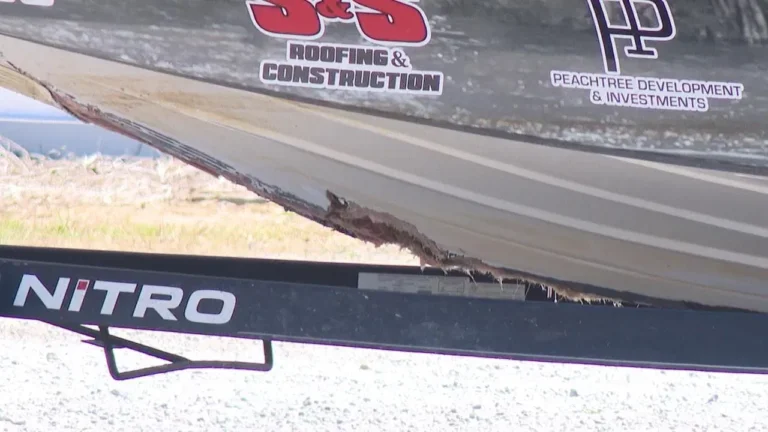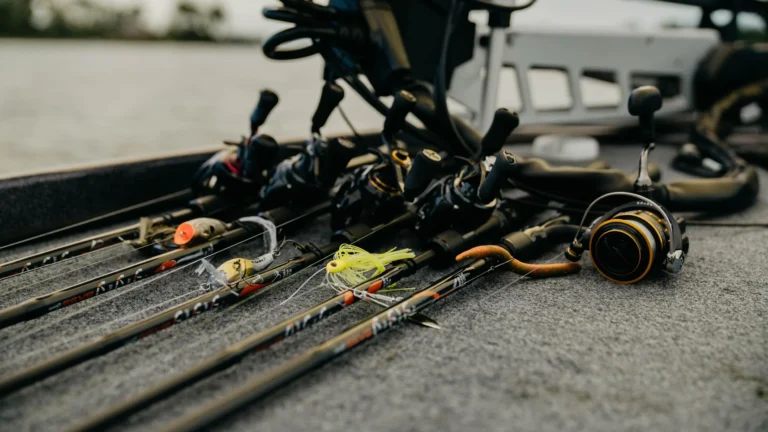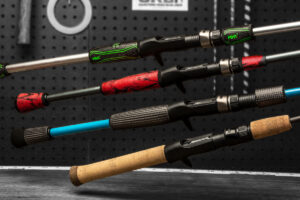Fishing has always been about patience, skill, and a little bit of luck. But what if there was a tool that could help you optimize your chances, guide you to the best spots, and even save you time on the water? Enter GPS technology, which has revolutionized the way anglers approach their fishing trips. Whether you’re a seasoned fisherman or just starting out, using GPS can significantly improve your fishing results. Let’s dive into how GPS can enhance your fishing experience and help you catch more fish.
1. Navigating to the Best Fishing Locations
One of the most significant advantages of using GPS for fishing is the ability to navigate directly to proven fishing spots. Experienced anglers know that fishing isn’t just about casting randomly; it’s about understanding where the fish are likely to be. GPS allows you to mark specific locations where you’ve had success in the past, like underwater structures, drop-offs, or fishing hotspots.
By storing these waypoints, you can easily return to the same locations time and time again without wasting time searching. Whether it’s a secret spot known only to a few or a popular lake, GPS will guide you straight to it, ensuring you’re spending more time fishing and less time navigating.
2. Mapping Underwater Structures
Fish don’t live just anywhere — they often gather around underwater structures such as rocks, ledges, reefs, and drop-offs, where they find food and shelter. With a GPS-enabled fishfinder, you can map the underwater landscape and identify these prime fishing locations.
Advanced GPS and sonar technology can create detailed maps of the lake or ocean bed, allowing you to pinpoint areas with the best potential for fish. Many fish finders come with built-in GPS, allowing you to track your boat’s position and find new spots with ease. Some even allow you to overlay the topography of the underwater world on a map, which can be incredibly useful for planning where to fish.
3. Improving Safety on the Water
Safety is always a top priority when you’re out on the water, and GPS can significantly improve your overall safety during fishing trips. It can help you maintain awareness of your location, especially in unfamiliar waters. With a GPS system, you can track your position and navigate with confidence, ensuring that you don’t get lost or drift too far from safe areas.
In the event of bad weather or a sudden change in conditions, GPS can help you find your way back to shore quickly and safely. Some advanced systems also come with features like emergency route suggestions and alert systems, adding an extra layer of safety during your fishing adventures.
4. Creating Custom Fishing Routes
For anglers who are serious about their sport, GPS isn’t just for navigation — it’s also a tool for strategizing your fishing route. By recording data from past fishing trips, you can create a fishing path that increases your chances of success. GPS allows you to track not only your location but also the depths and features of the water, making it easier to identify patterns.
Over time, you can analyze the data you collect and use it to map out fishing routes that optimize your time on the water. For example, if you notice that fish are most active in a certain area at a specific time of day, you can plan to be there during those prime hours. It’s essentially like giving yourself a personalized fishing guide.
5. Optimizing Fishing Techniques
In addition to navigation and mapping, GPS data can also help you optimize your fishing techniques. For example, if you know the current speed and water temperature in a certain area, you can adjust your fishing methods accordingly. Many GPS units, especially those integrated with fish finders, provide additional data such as water depth, temperature, and fish depth. This information can help you choose the right bait, determine where fish are likely to be, and select the appropriate fishing technique for the conditions.
Some high-tech systems even allow you to track your boat’s movements, so you can perfect your trolling speed and angles. With this level of detail, your fishing game becomes much more strategic, and you’re more likely to land that big catch.
6. Tracking Your Fishing Progress
Gone are the days of scribbling in a notebook to record fishing conditions, locations, and catches. Modern GPS devices allow you to track your fishing progress digitally, giving you detailed logs of your trips. You can save your best fishing locations, mark the time of day, and note down other relevant conditions like wind direction, water clarity, and weather patterns.
This information can then be reviewed later to identify trends, such as what types of weather conditions yield the best catches or which areas are most productive during different seasons. Over time, these logs will provide you with invaluable insight into the patterns of local fish populations, giving you a competitive edge.
7. Exploring New Areas
GPS allows you to venture into unfamiliar waters with confidence. Whether you’re exploring a new lake, river, or stretch of coastline, having a GPS system on your boat ensures that you can discover new fishing locations safely. GPS units often come with detailed maps of popular fishing destinations, and some even offer downloadable maps for lesser-known spots.
For those who enjoy fishing in remote areas, GPS can be a lifesaver in ensuring that you always know where you are and how to get back. It can also help you avoid dangerous areas such as shallow reefs or submerged rocks that could damage your boat.
Conclusion
GPS technology is no longer just for navigation — it’s become an essential tool for modern anglers looking to maximize their fishing results. From finding the best fishing spots to ensuring your safety and optimizing your techniques, GPS is an invaluable resource that can enhance your fishing experience.
By utilizing GPS to track underwater structures, map out successful fishing routes, and collect data about your fishing conditions, you can take your fishing to the next level. Whether you’re a novice or an experienced angler, incorporating GPS into your fishing routine will help you save time, improve your strategy, and, most importantly, catch more fish.






